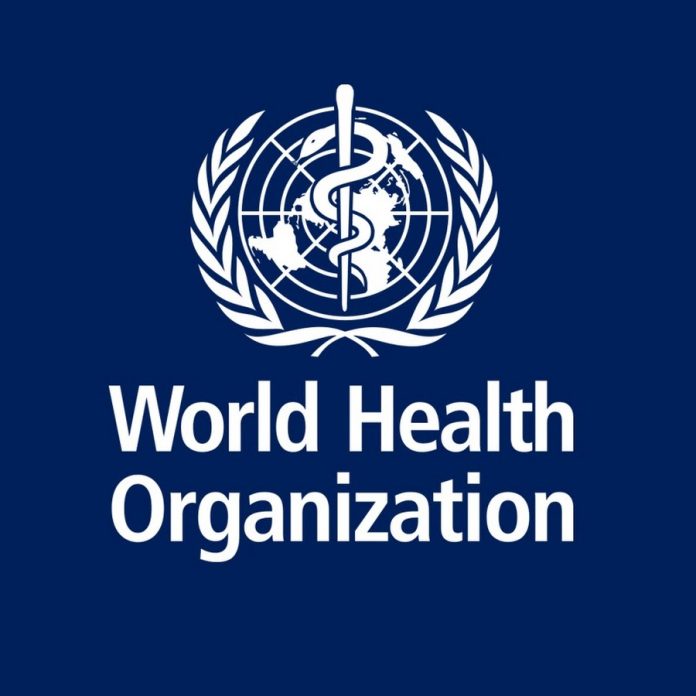By Emmanuella Oghenetega
With the persistent use of tobacco, especially amongst children and adolescents in the African continent, the World Health Organisation (WHO) has made bare, the reinventive approach of the tobacco industry in flavoured products, thus, called for the ban.
The Acting Regional Director for Africa of the World Health Organization, Dr Chikwe Ihekweazu on the World No Tobacco Day 2025, drew attention to a growing concern across the African continent: the increasing use of tobacco and nicotine products among children and adolescents.
Despite decades of progress in tobacco control, the industry continues to reinvent its approach, using flavoured products, sleek packaging and targeted digital marketing to attract new users, especially among the youth. These strategies mask the dangers of tobacco, presenting it as modern or glamorous, making it easier to start, and harder to stop.
According to the Regional Director, the increasing prevalent use, can be seen among adolescents aged 13 to 15.
Over 6% in this age group are already using tobacco products, with many drawn in by the misleading designs and messages.
Adolescents are particularly vulnerable. The developing brain is more susceptible to nicotine-addiction and its long-term effects, including impaired cognitive development. Early use increases the risk of chronic respiratory diseases, heart conditions and cancer. And for many, quitting becomes an uphill battle.
As guardians of health, the WHO called on Governments, schools, families and communities to work together to ensure that the environments in which children grow are free from tobacco exposure and influence.
This includes updating laws to reflects today’s challenges, and strengthening protections against emerging products and platforms.
Across the region, many countries are taking important steps, including banning tobacco advertising, creating smoke-free public spaces and promoting awareness. WHO is proud to support Member States in advancing these efforts, including through the WHO Framework Convention on Tobacco Control (FCTC) and MPOWER package of measures.
In the call for action, the WHO cited, that more must be done to stay ahead of evolving tactics that target young people.
These includes: A Ban on flavours and product designs that appeal to young users; A Regulation of digital advertising and sponsorship on youth platforms; Ensuring product packaging does not imitate snacks or toys; Provision of age-appropriate education and information to support healthy choices.
Protecting the next generation is both a public health priority and a moral imperative.
On this World No Tobacco Day, let us recommit to creating a tobacco-free future where every young person in Africa can grow up safe, healthy and empowered.
This year’s theme, Unmasking the Appeal, calls for urgent action to protect young people from harmful industry tactics that threaten their health and future.


